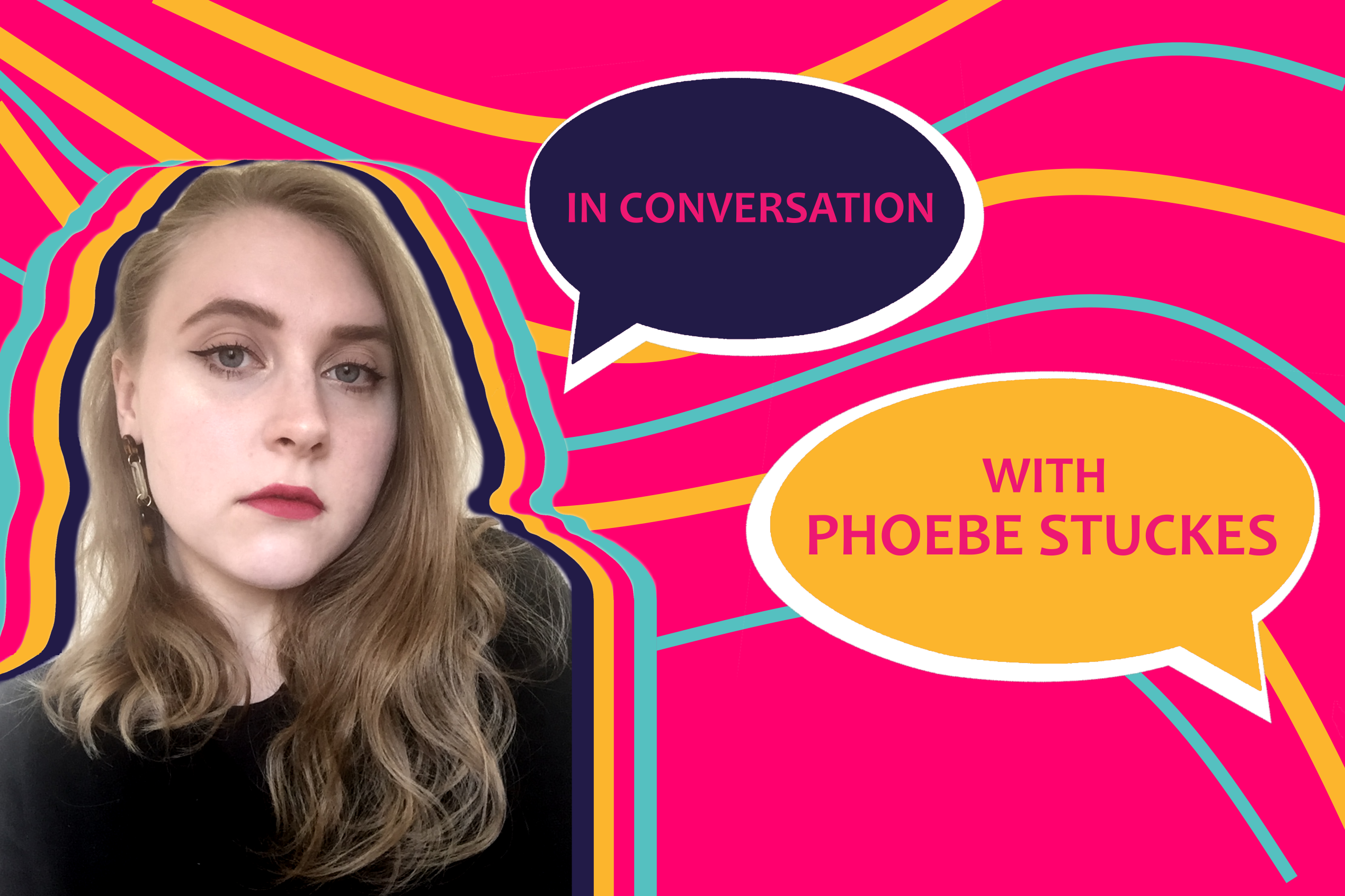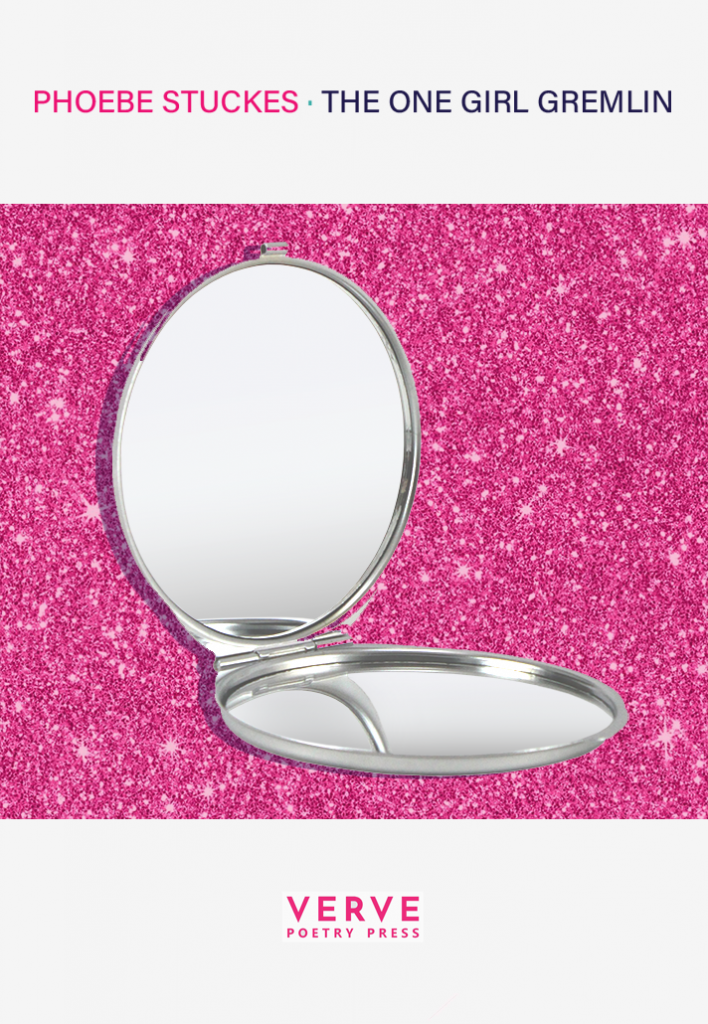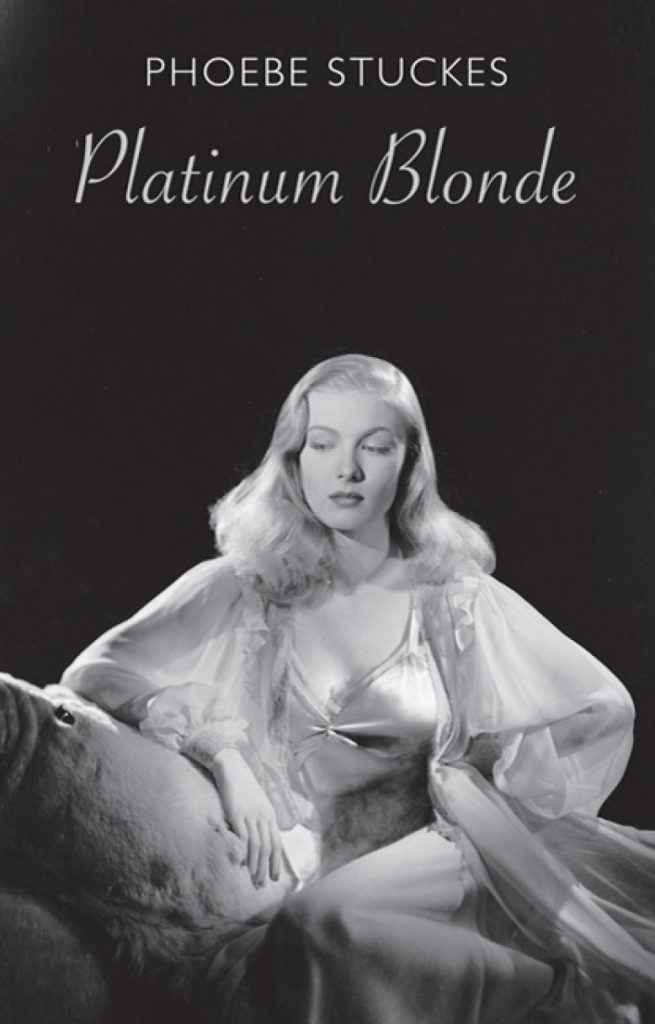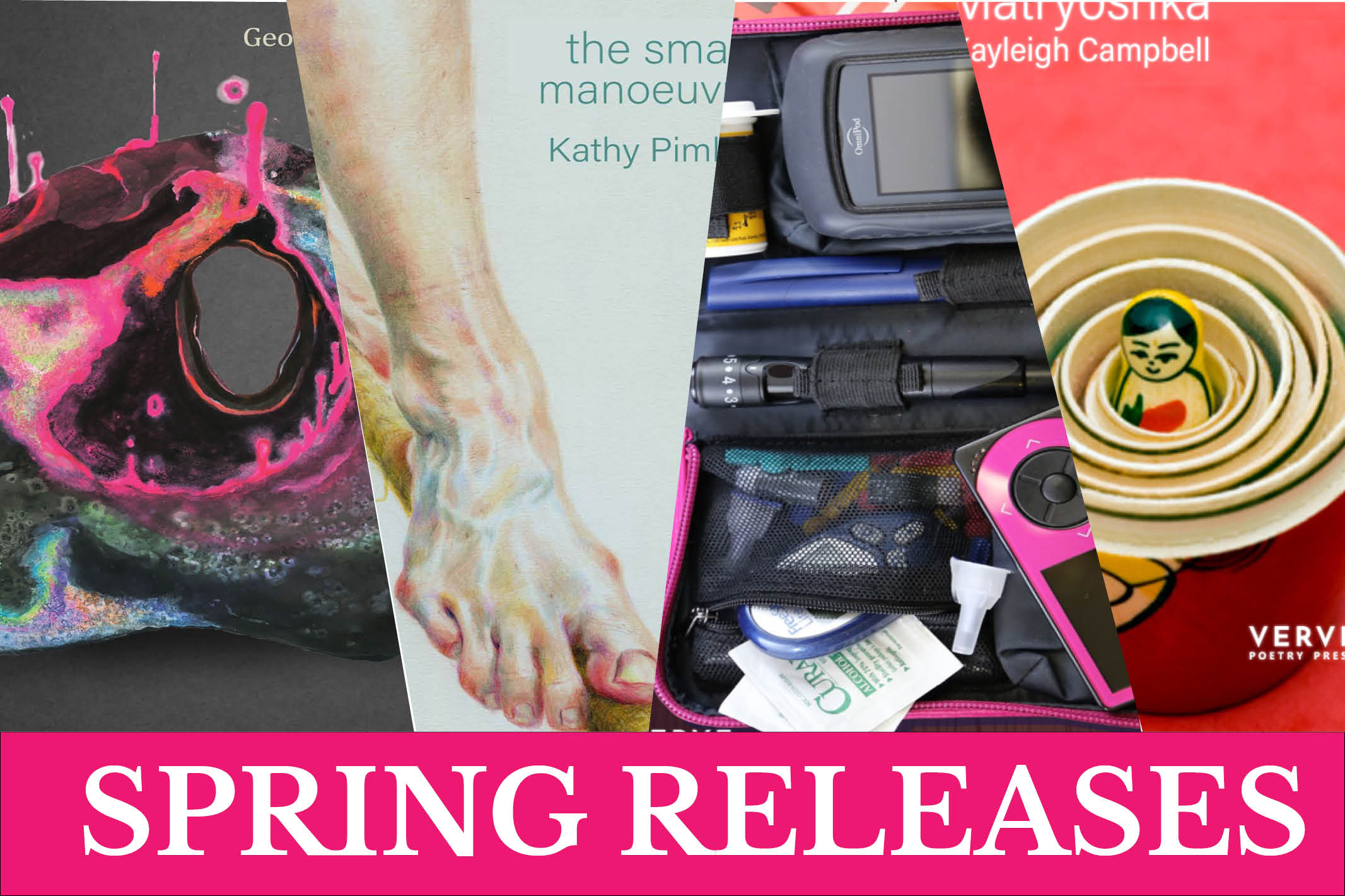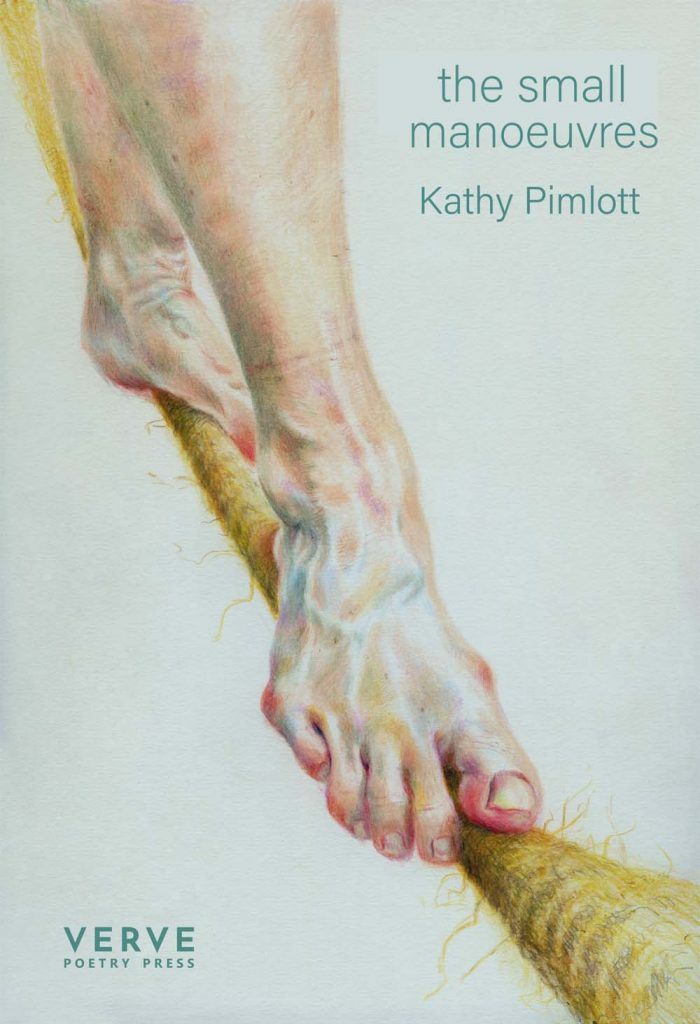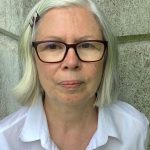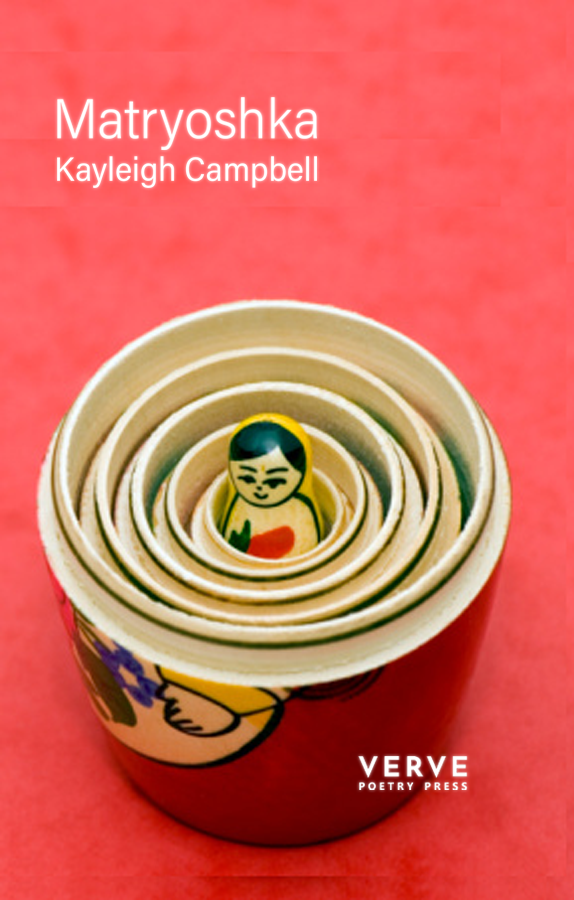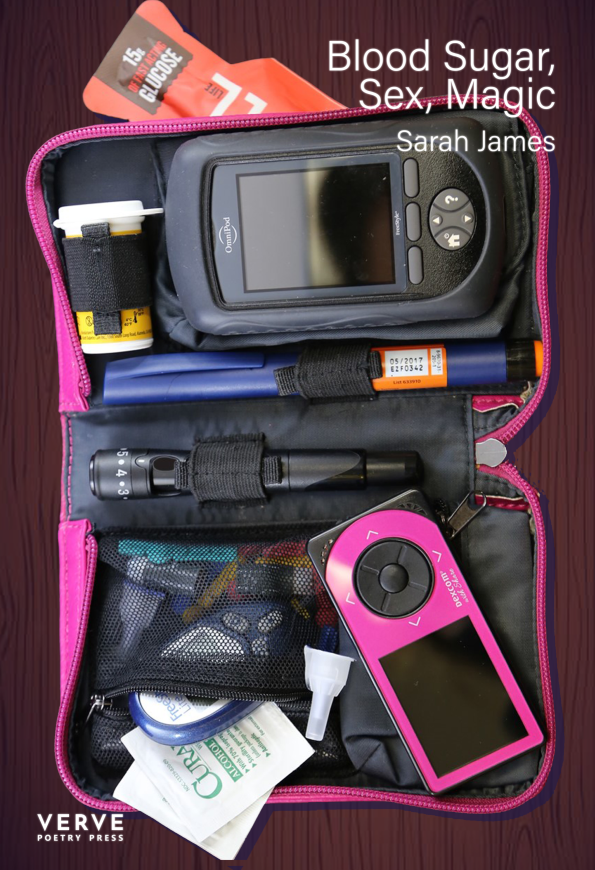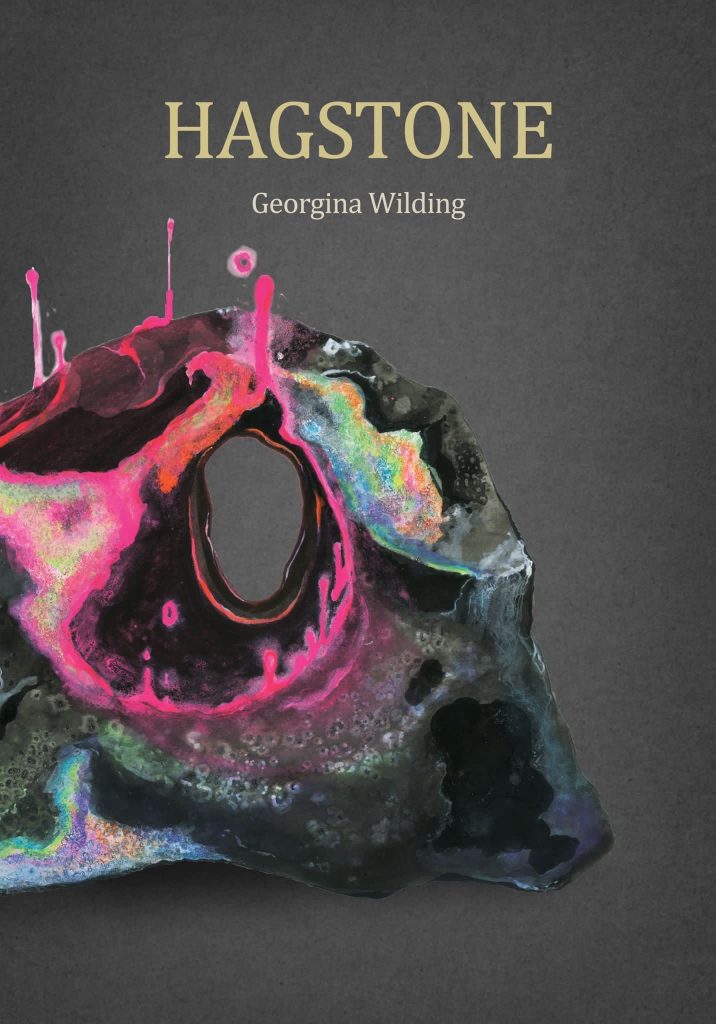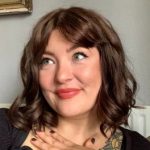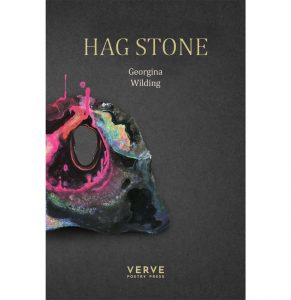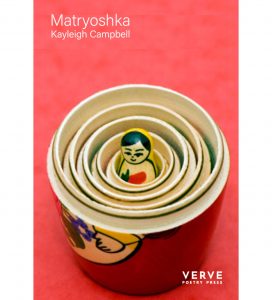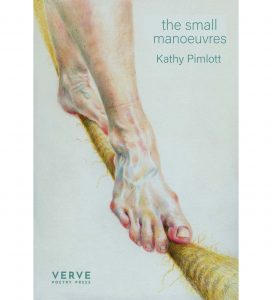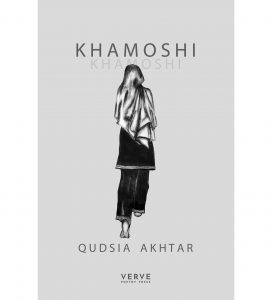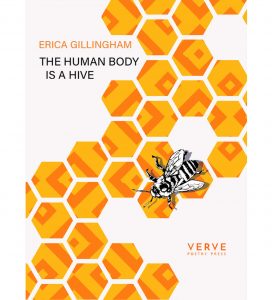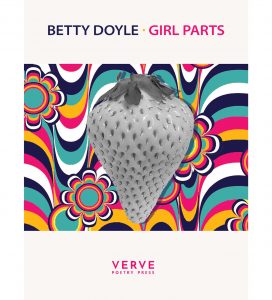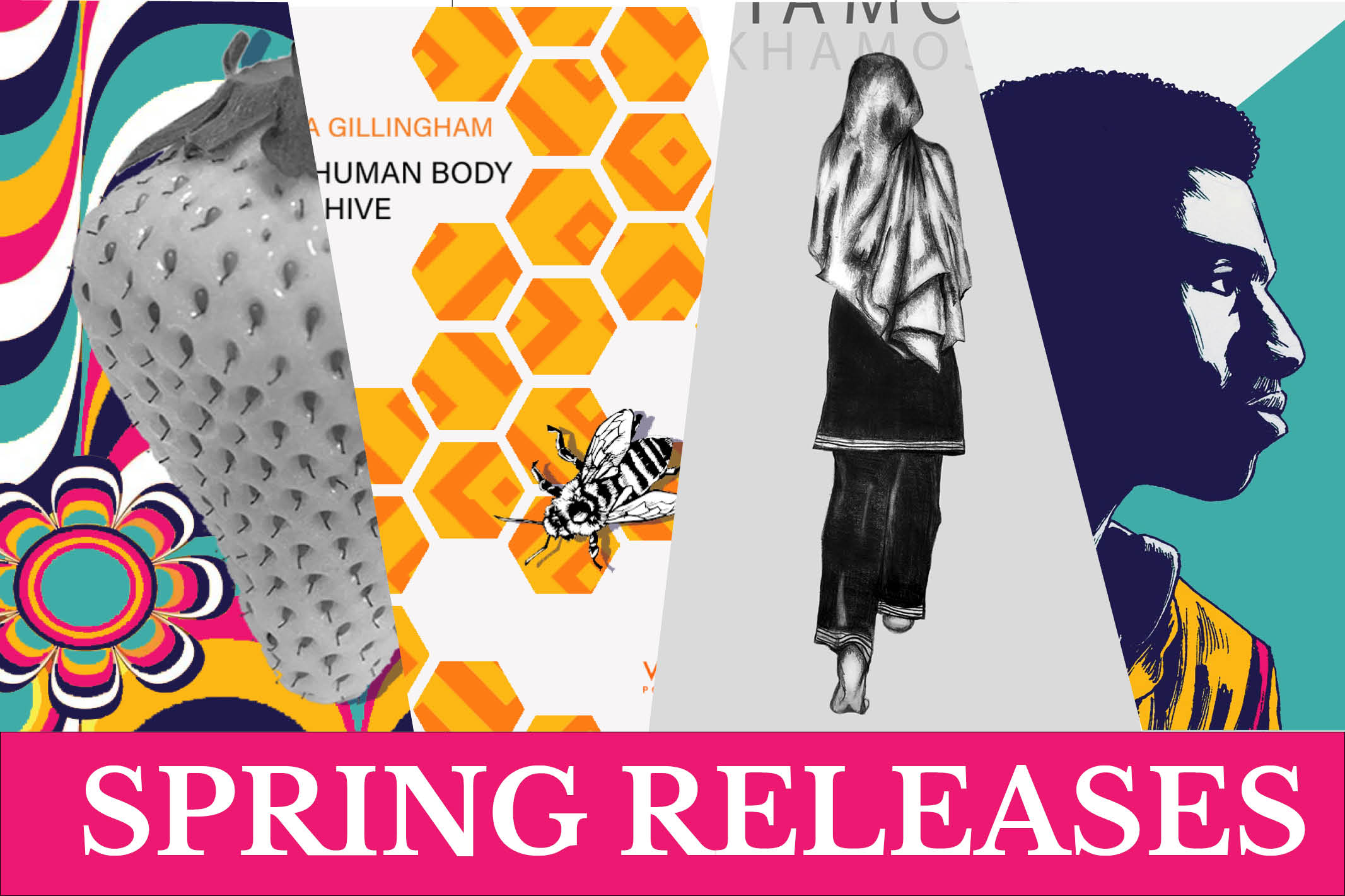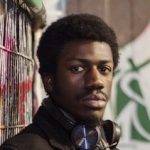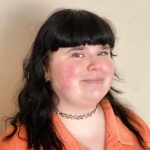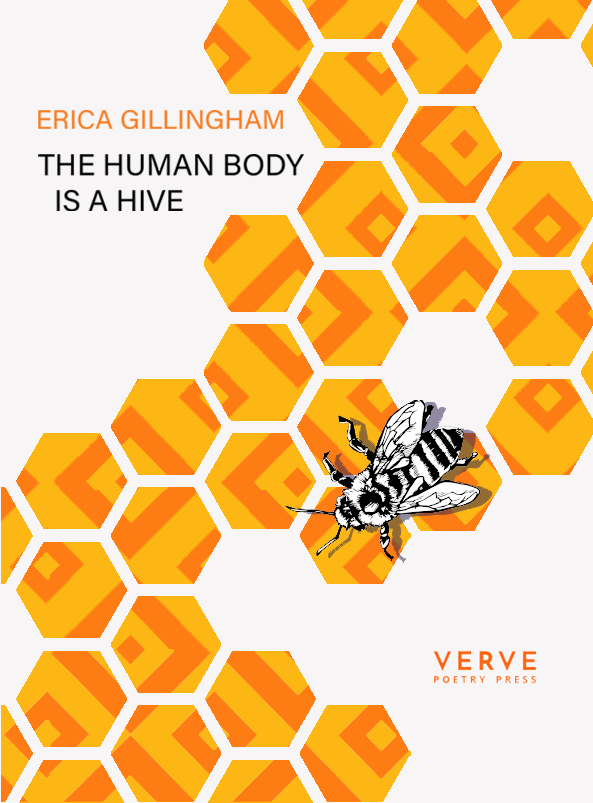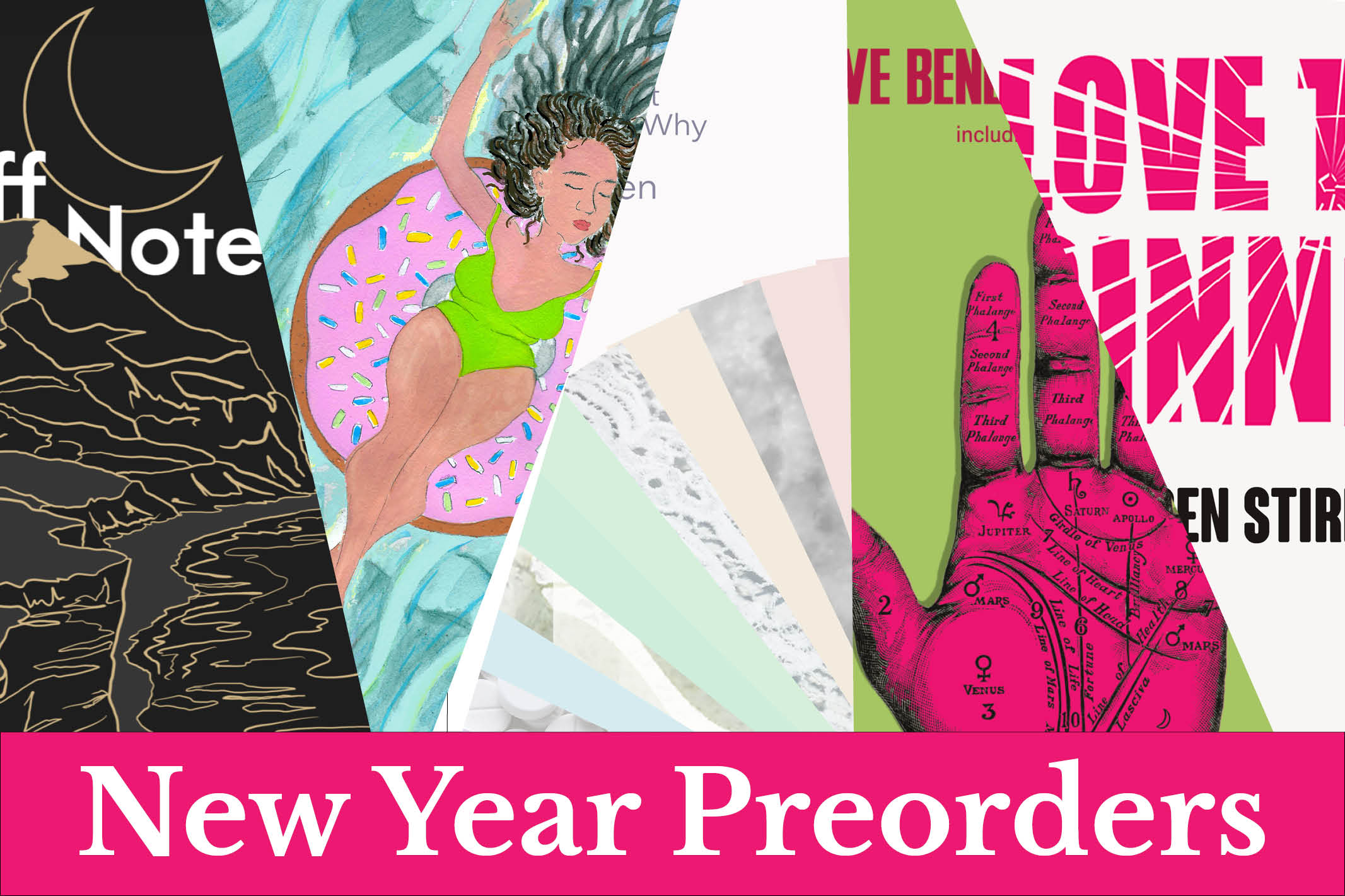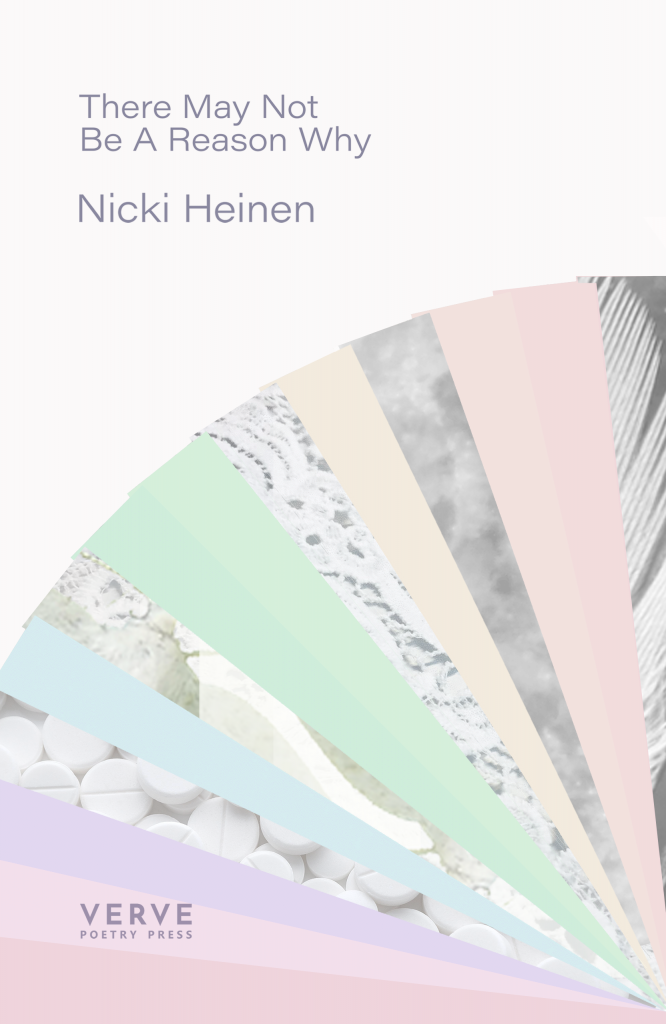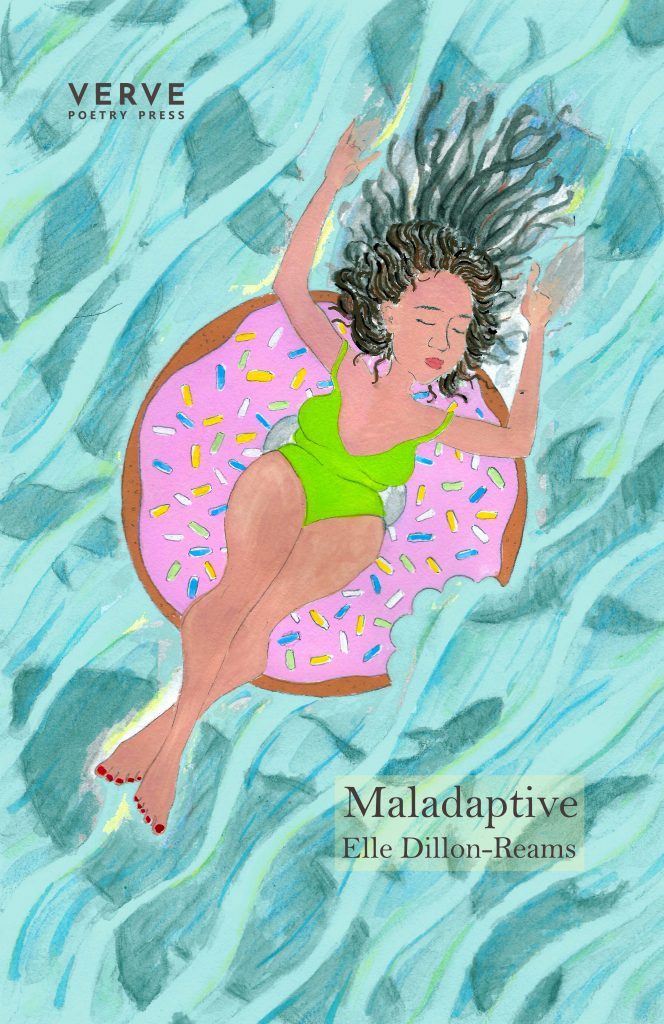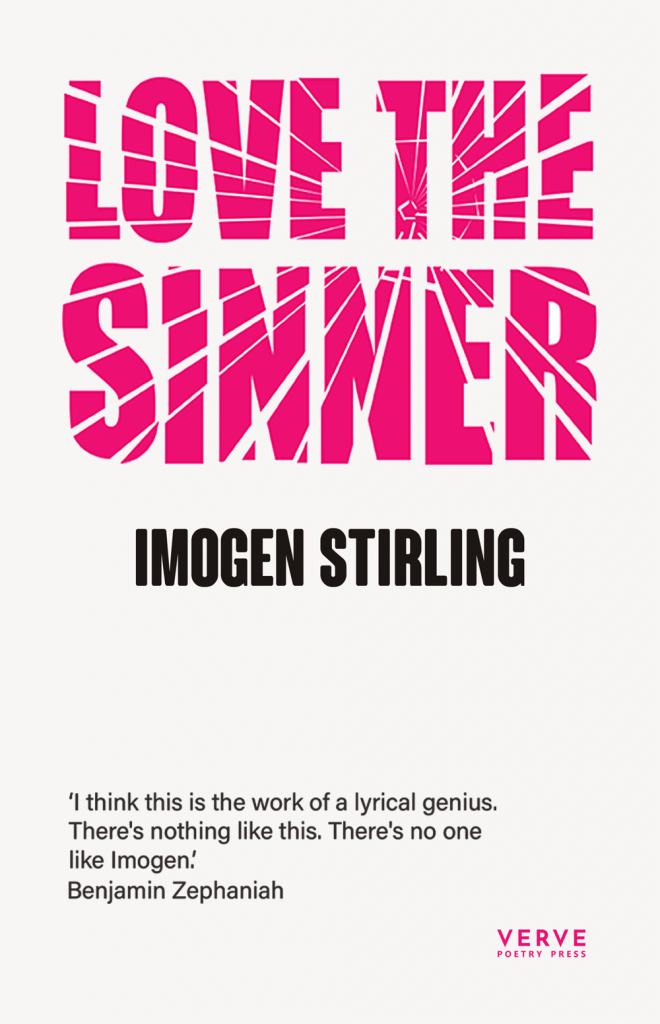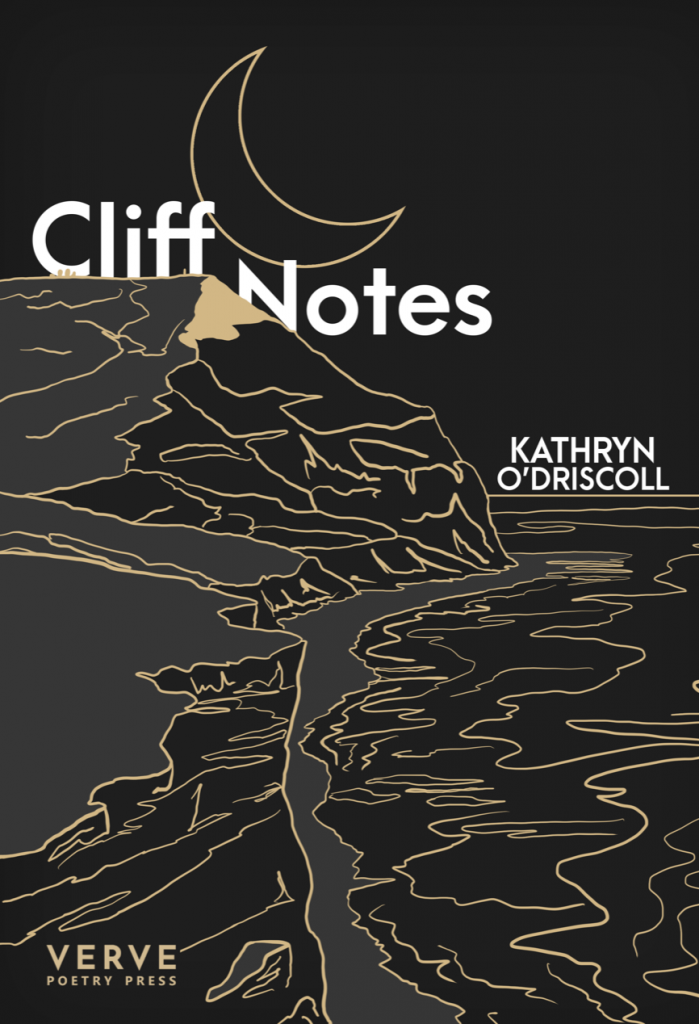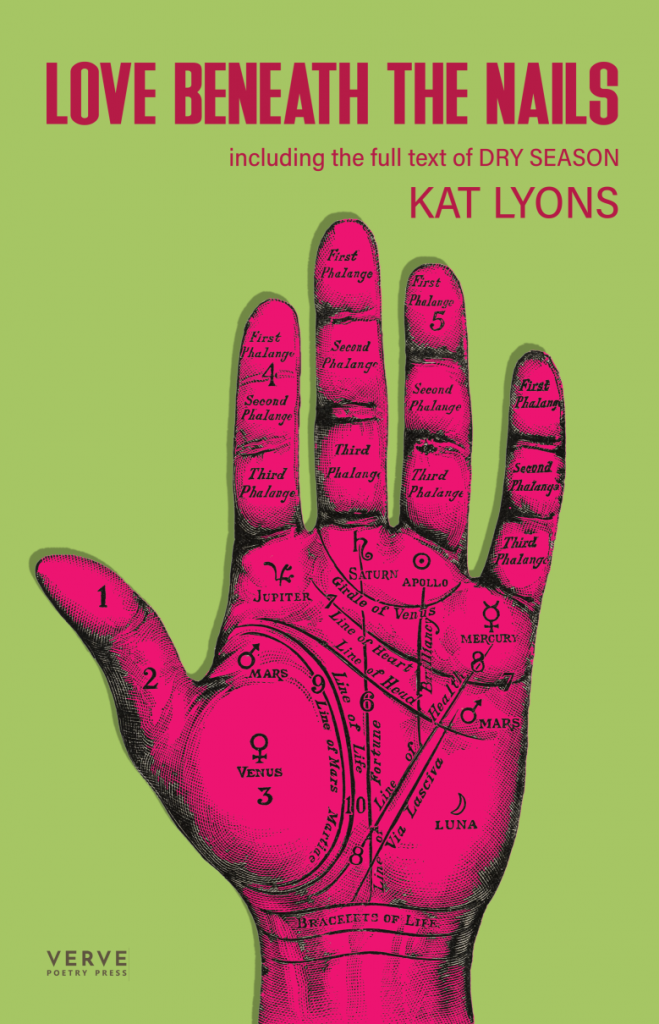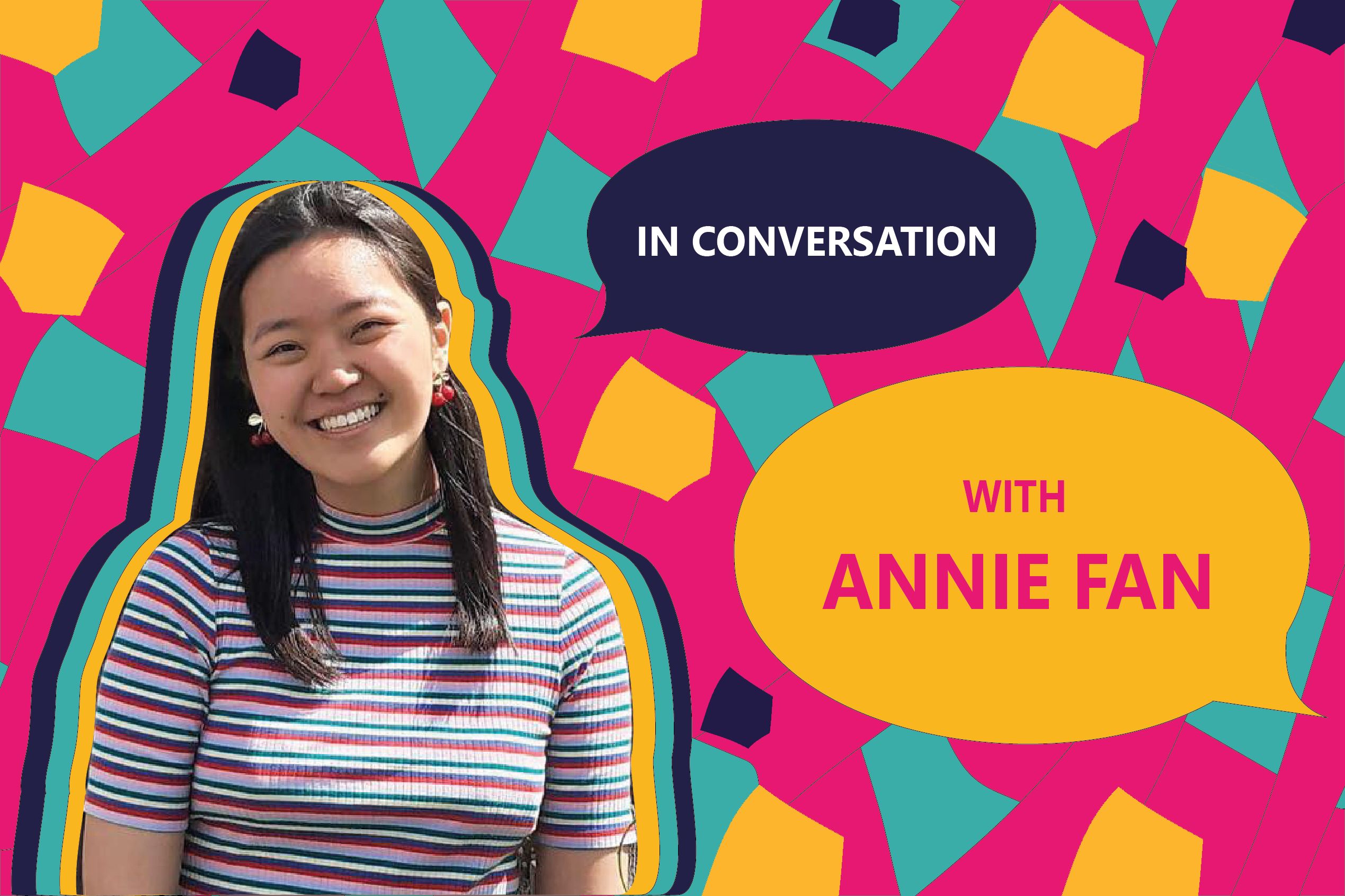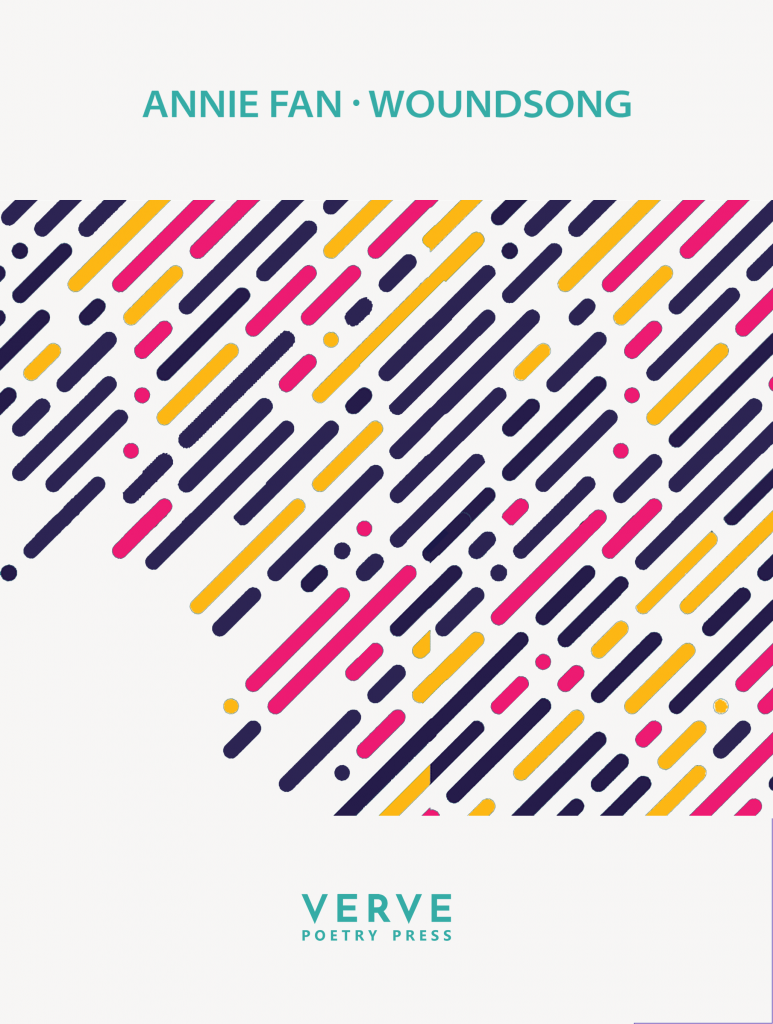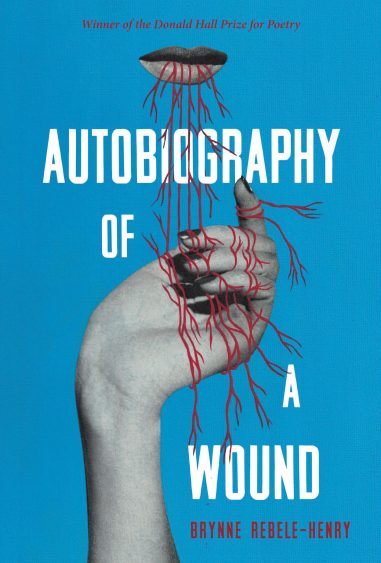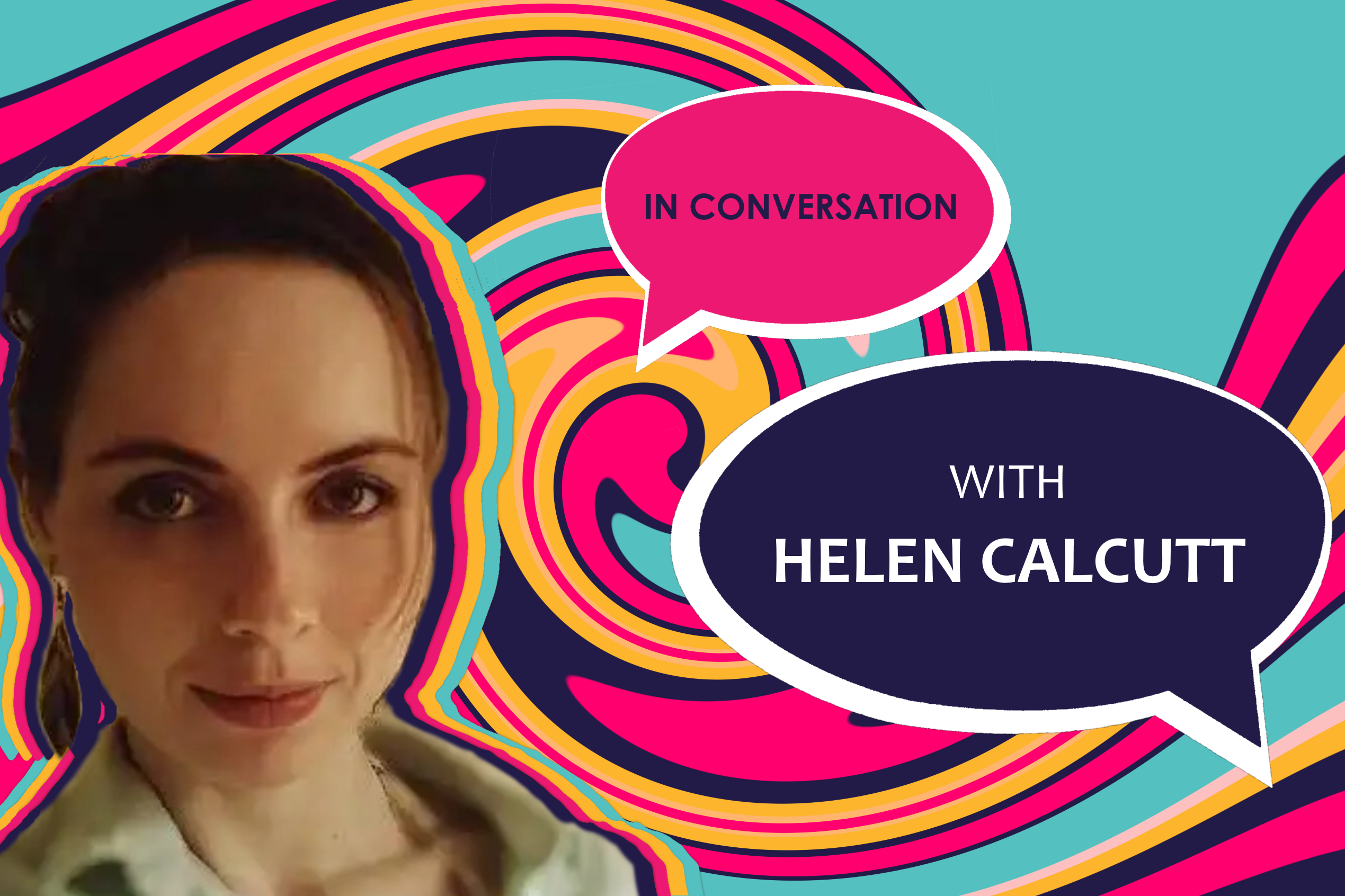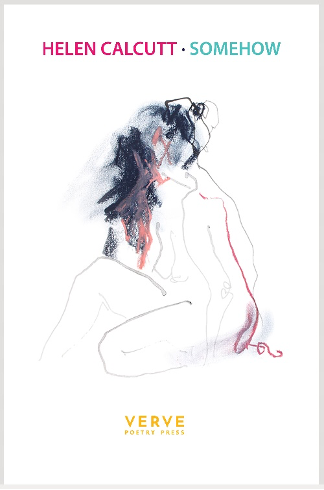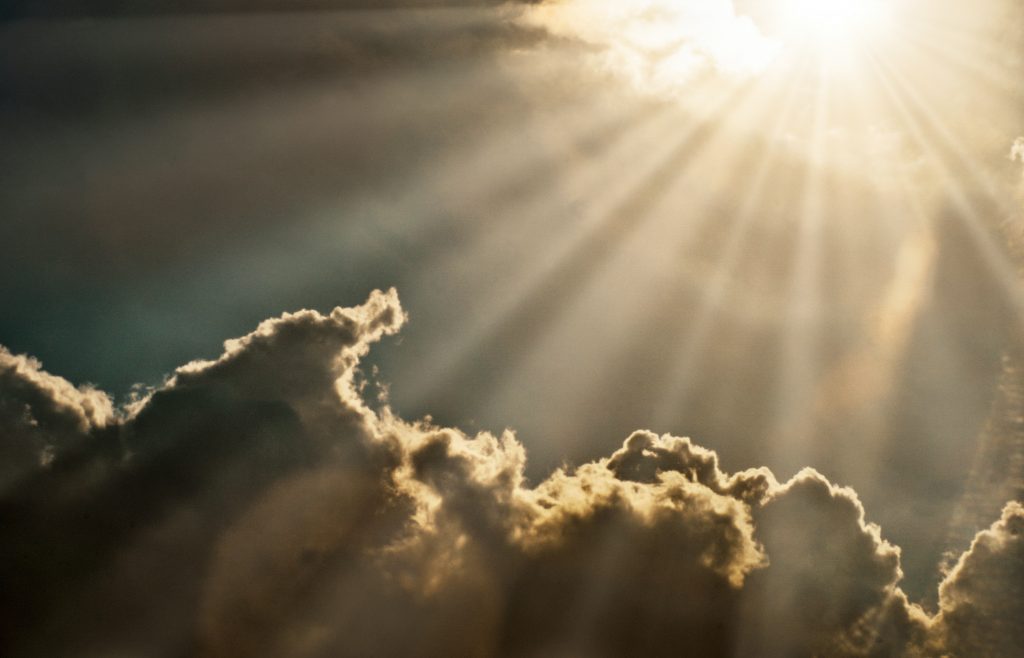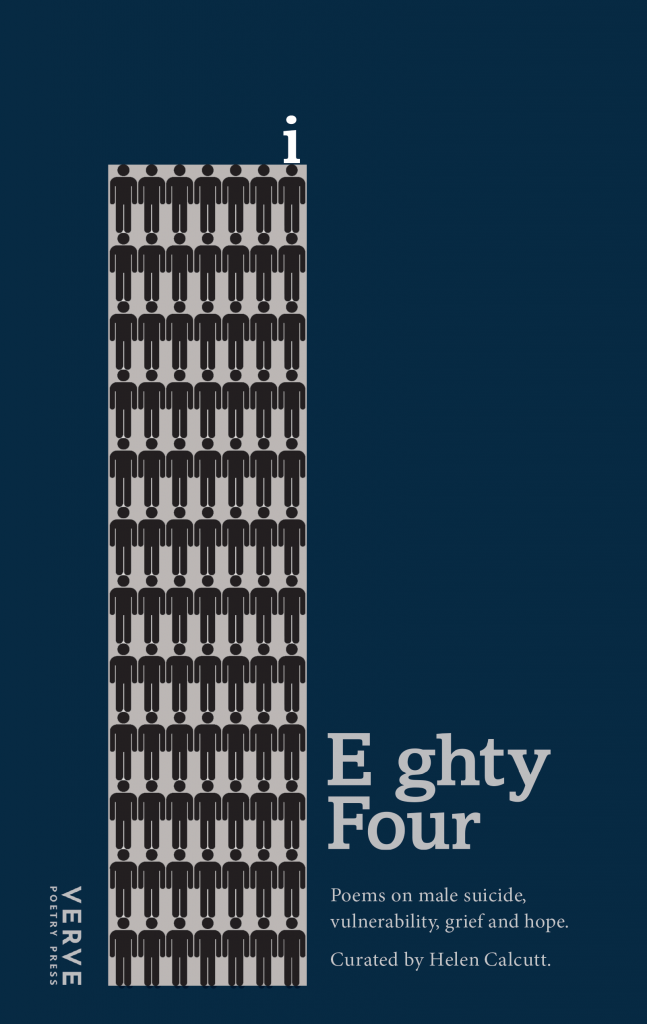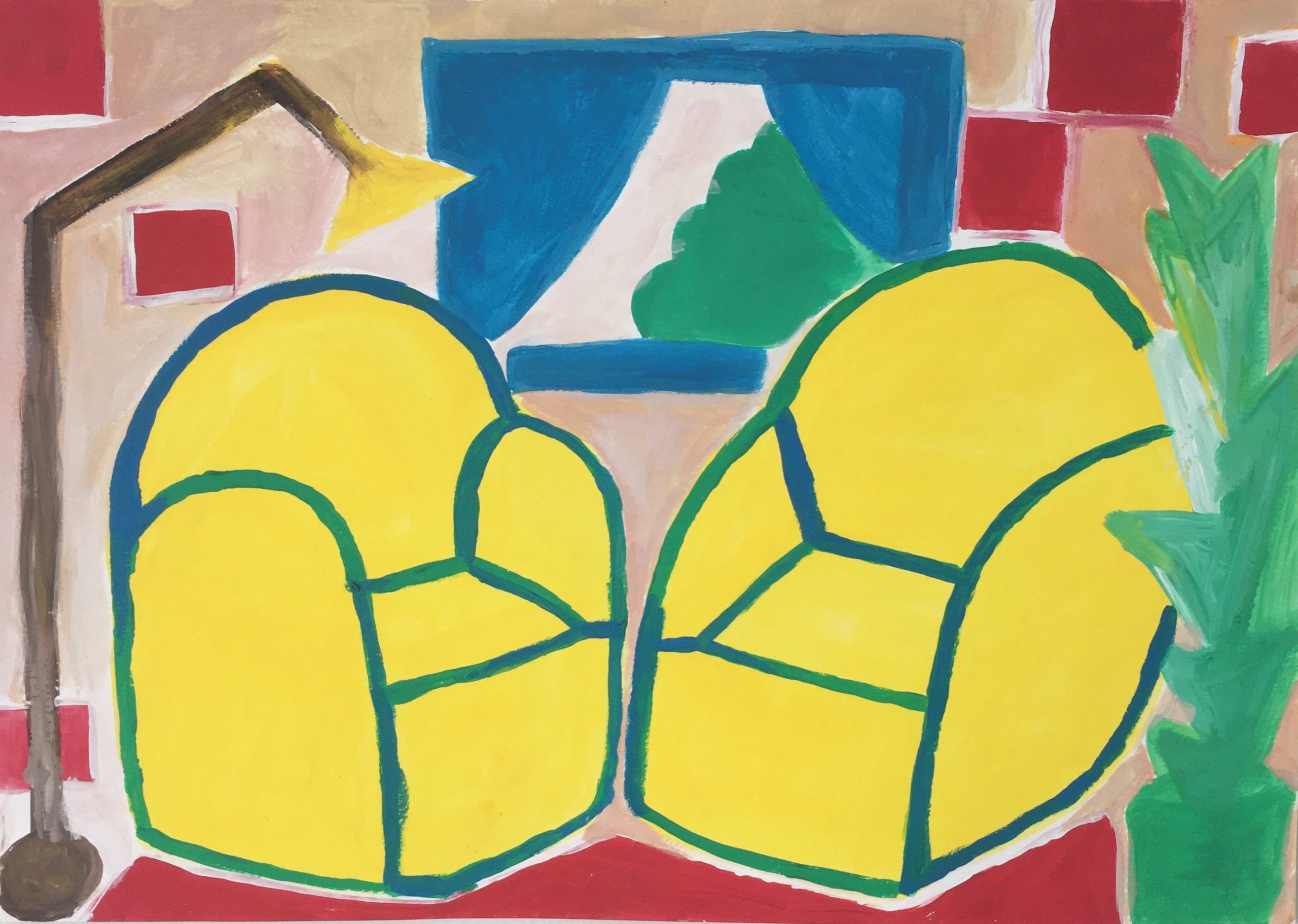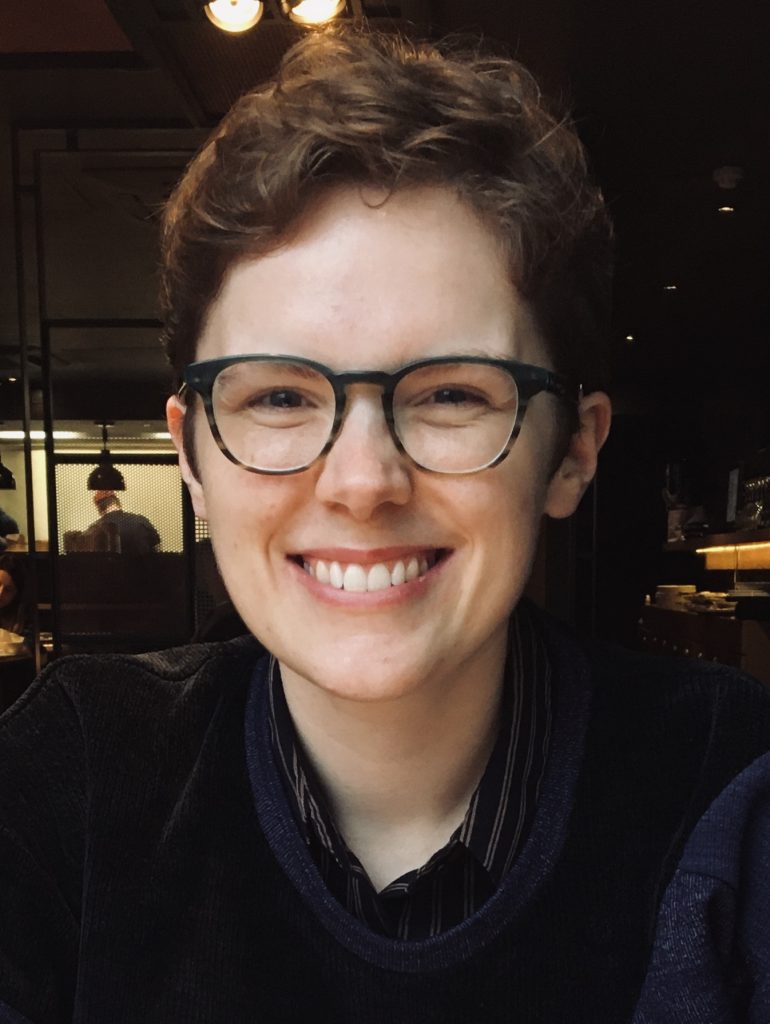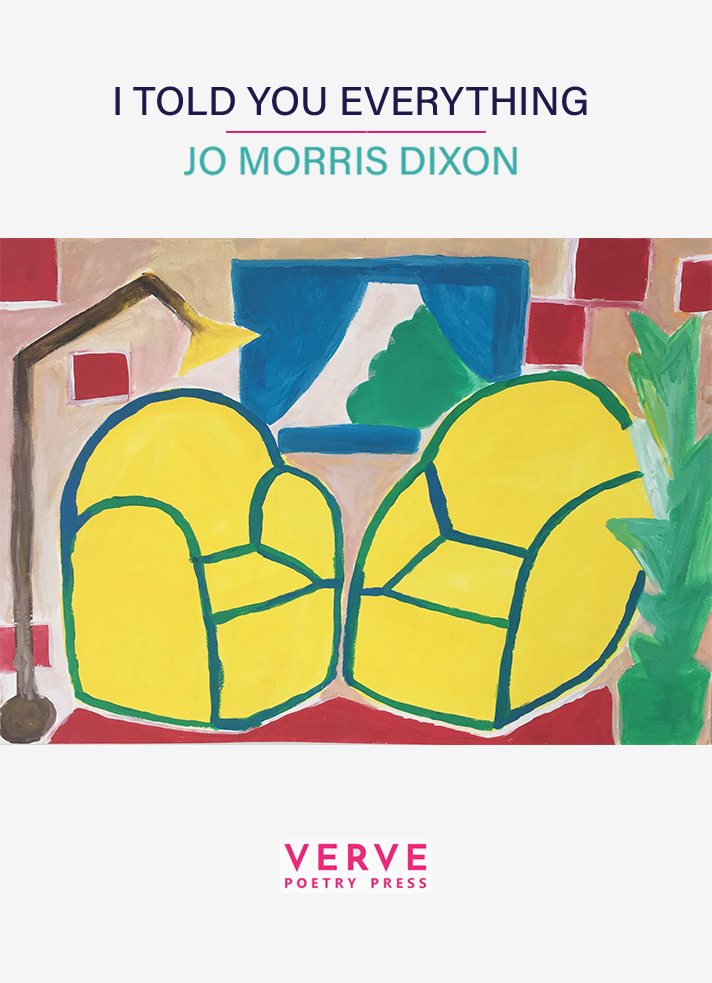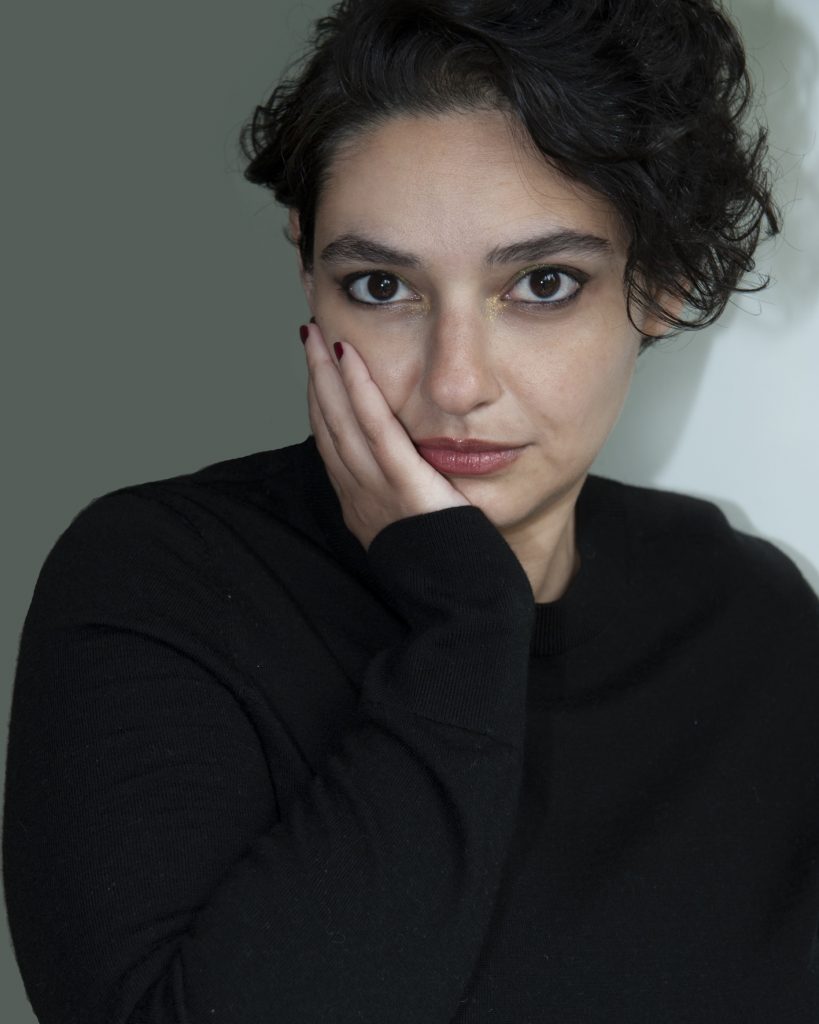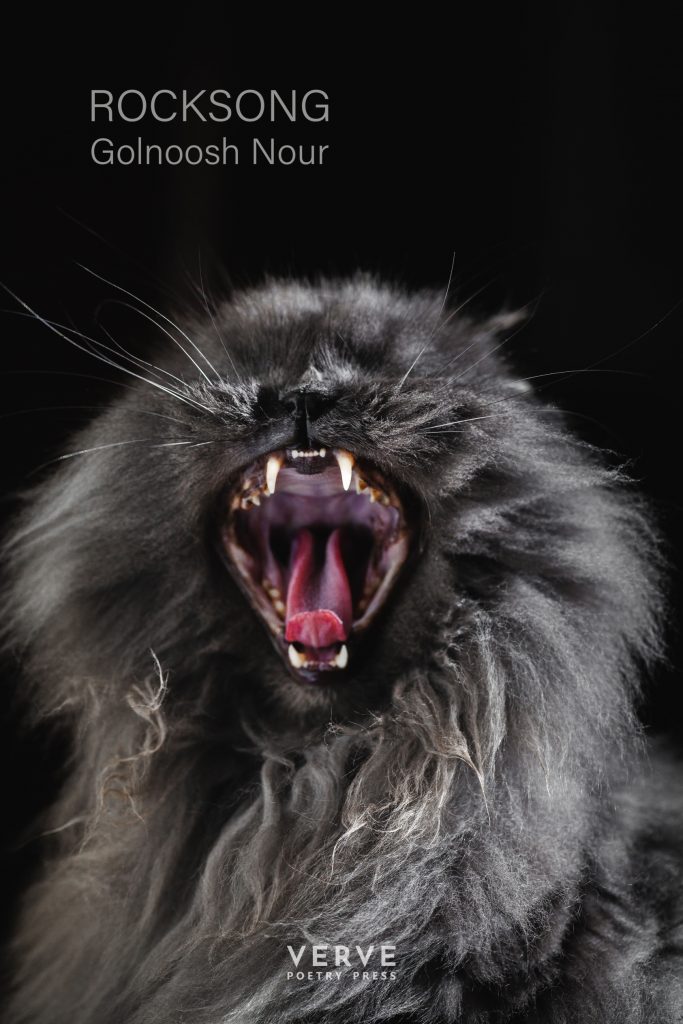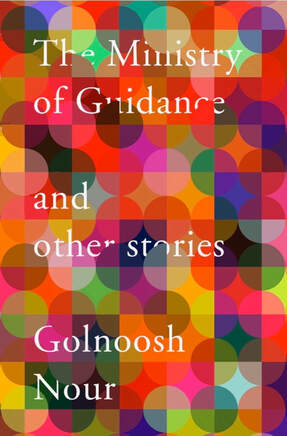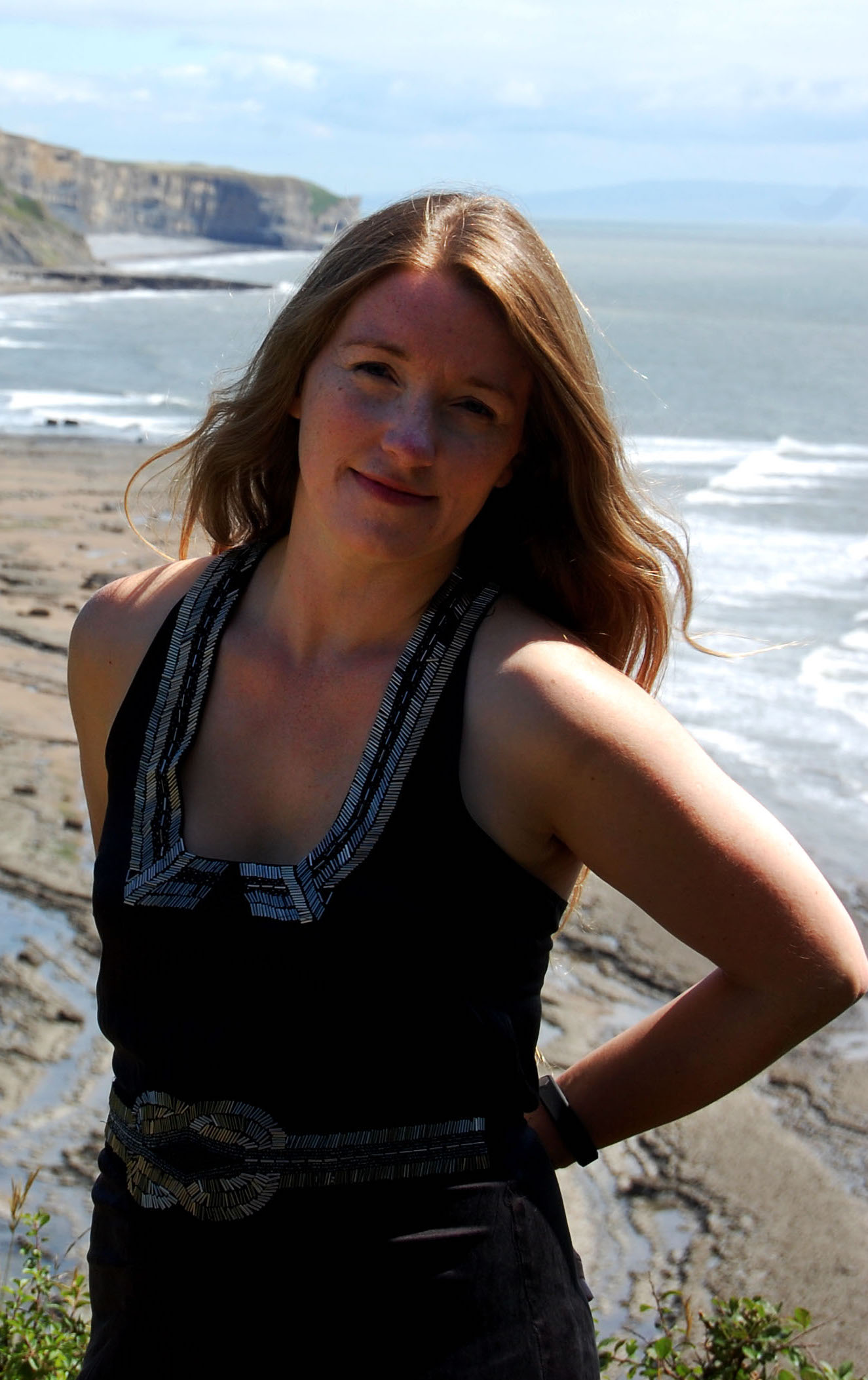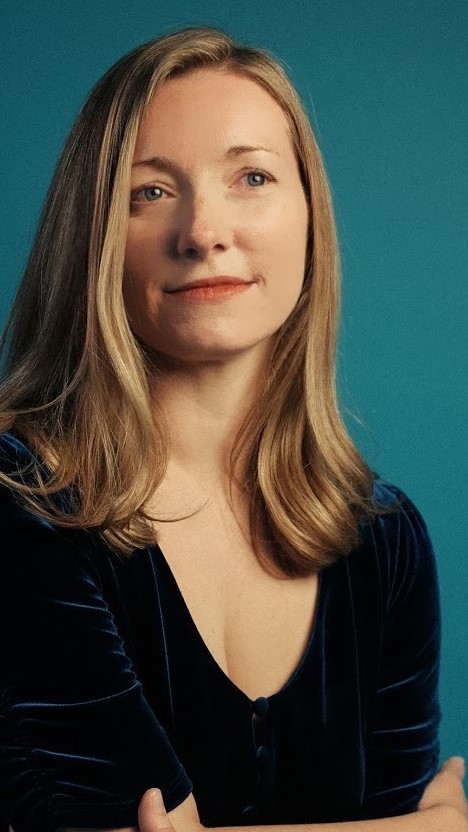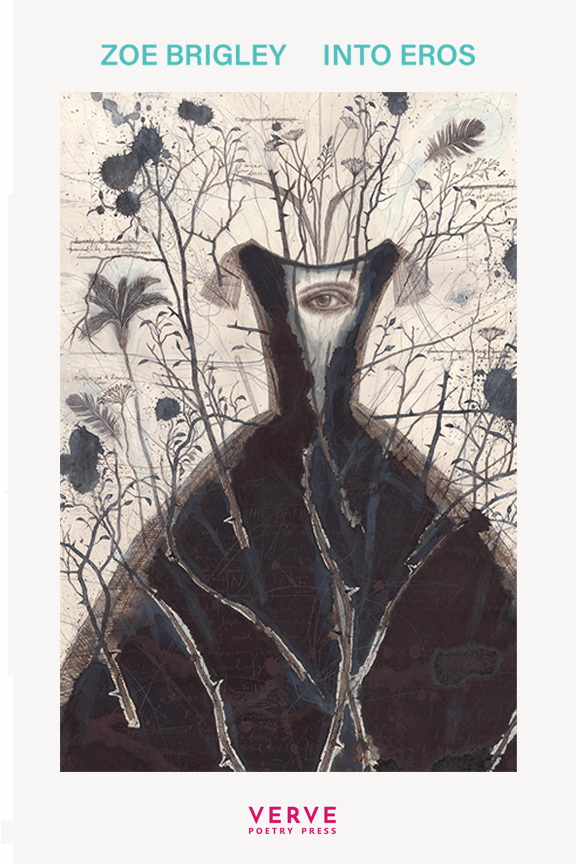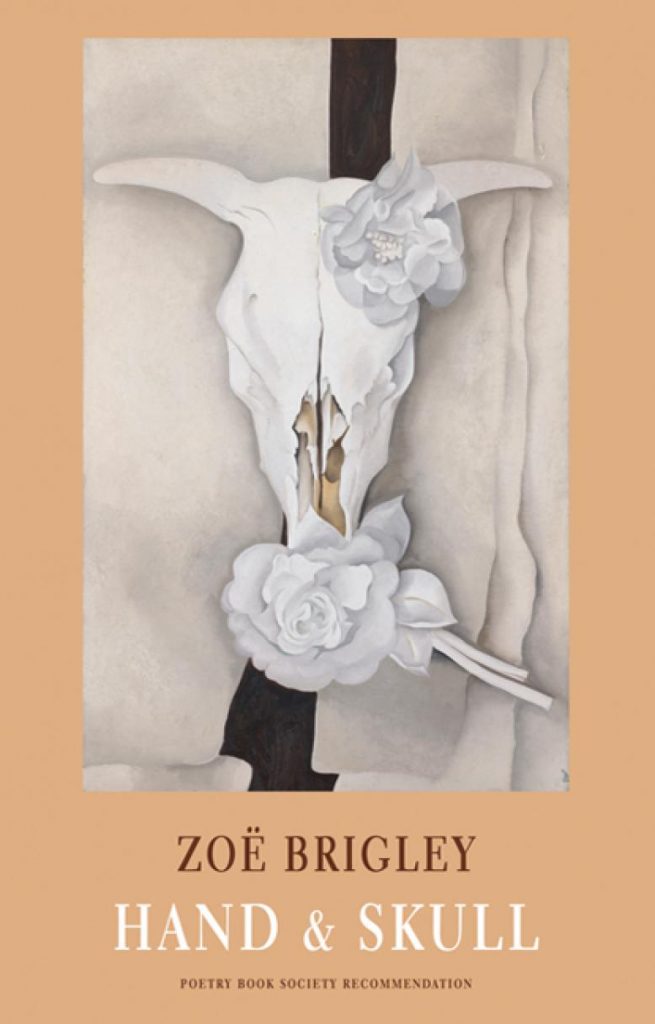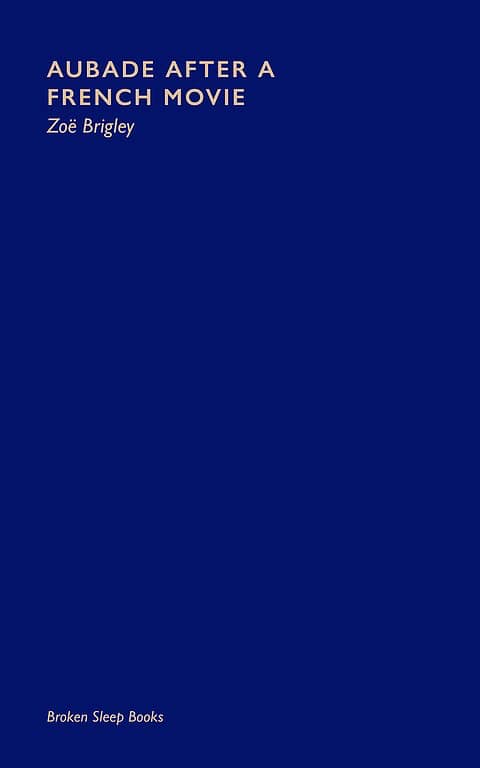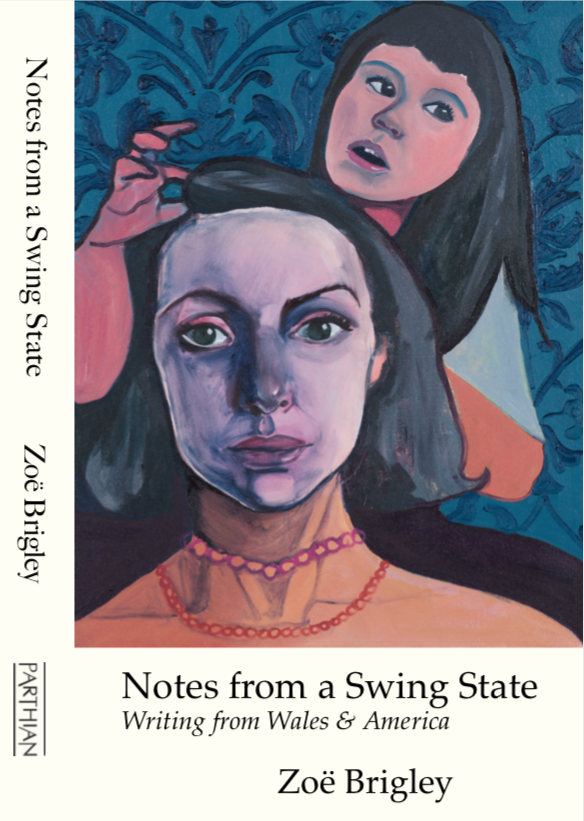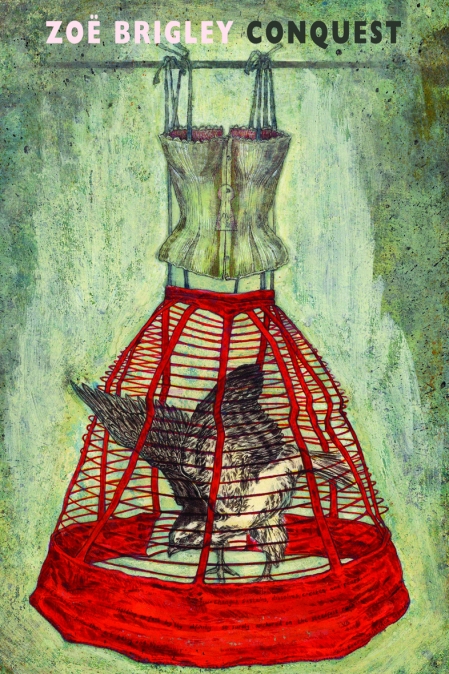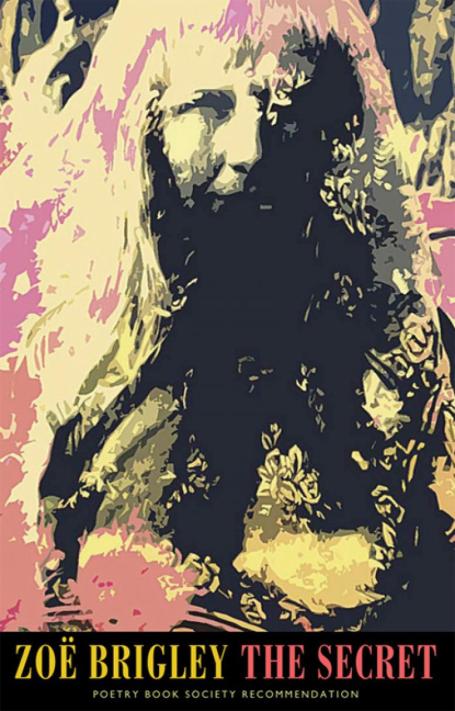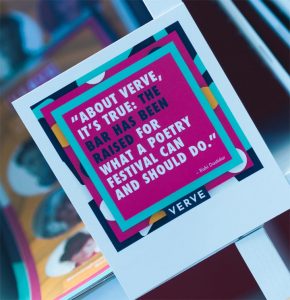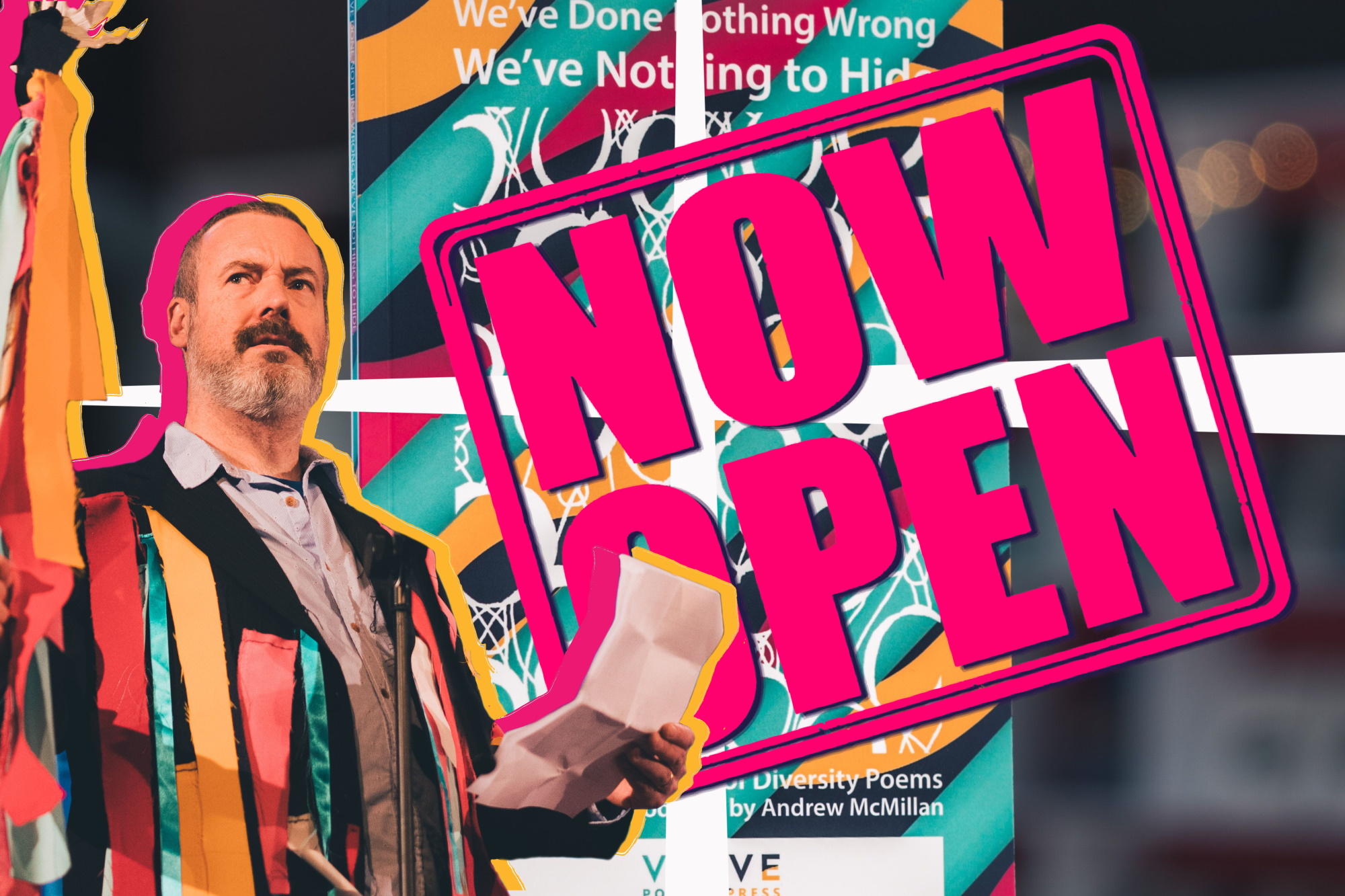
It’s that time of year again! Yes, VERVE Poetry Press are currently open for submissions until the end of May 2022. To make sure everyone’s on the same page (haha) we’re dusting of an interview with Verve founder and editor Stuart Bartholomew – updated with all the info you need this year.
What is he looking for in a manuscript? Can you submit more than once? What about languages other than English? All is revealed below…
First, the basics: when, where and how can people submit their work to the press?
Our submissions are going to be open for the whole of May 2022: That’s midnight on Sunday 1st until midnight on Tuesday 31st. This time we’re looking for full collections AND pamphlets. We want complete manuscripts although we will consider high quality drafts that are almost there.
You can submit by emailing us at mail@vervepoetrypress.com, with the manuscript as an attached file titled with both your name and the provision title, so: AuthorName_TitleOfManuscript.
In addition to the manuscript itself, we’ll want a one-page (and only one-page, mind you) document detailing your poetic journey so far – we want to know your favourite poetry books, your favourite performers, your favourite events attended (remote or otherwise) alongside a full list of workshops attended, publishing history and readings you’ve given, although it matters less if you don’t have answers for those last three.
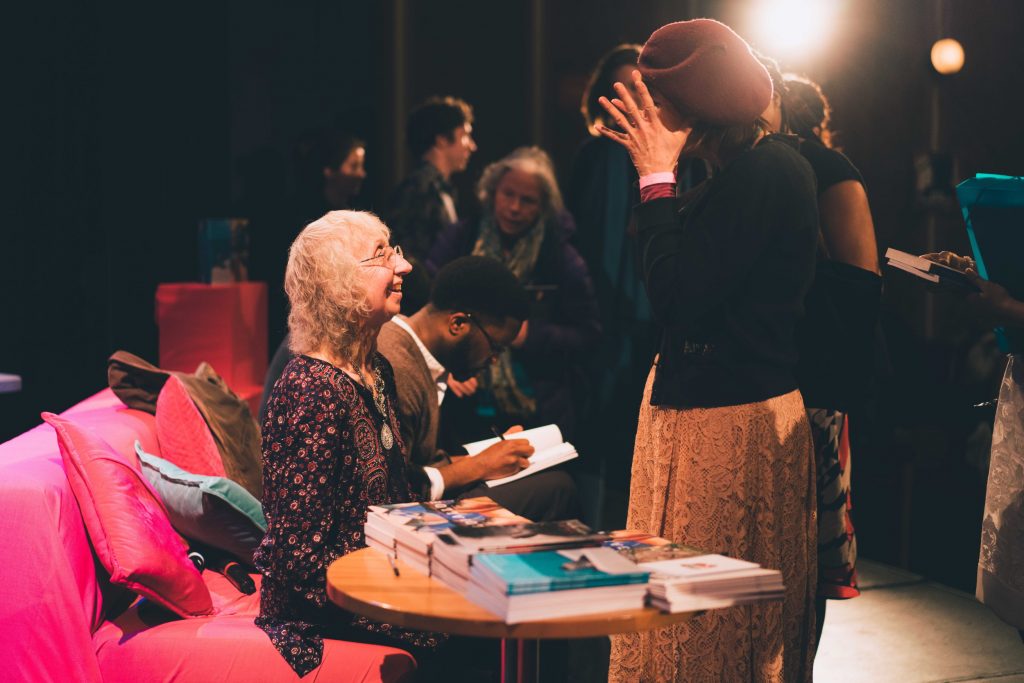
Here is a good point as any to make clear that we know there are all sorts of factors that can limit access to physical poetry books, performances and workshops and this should in no way be a barrier to applying; tell us instead about online readings and events you’ve attended and enjoyed, and about which of the mountains of free online poems you’ve read, loved and been influenced by!
Finally we want to know the details of the ambitions you have for the book you hope to make, and what things you intend to do personally (outside of submitting it to us) to help it reach a wide audience. We’re an ambitious but still small press and every book’s success is a result of collaboration between us and the author.
And when and how can people expect a response?
The plan is to get back to everyone within eight weeks of the window closing. That gives us enough time to consider everything and make some inevitably difficult decisions. We’re not able to give individual feedback to everybody that submits, for the simple reason of time constraints.
Brilliant. So, logistics aside, what are you looking for in these manuscripts? What are the kinds of poetry that are most likely to make it onto the Verve publishing schedule?
If you know us at all, you will know the answer to this. Like our sister festival, we have a love and respect for poetry in all its forms and from all sources. We love poetry designed for the page that is read-out-able and poetry designed to perform that is readable in book form. We love poetry shows, long narrative poems, short quirky poems, one poem manuscripts, seventy poem manuscripts, dramatic poems, quiet poems, free-form poems, fully formed poems, heavily edited poems, poems written in one go. But they must be excellent, generous, open-minded, ambitious and informed.
I don’t want anyone to feel like we’re not interested in ‘their kind of poetry’ but I do want poetry that has an understanding of itself and the context it lives in.
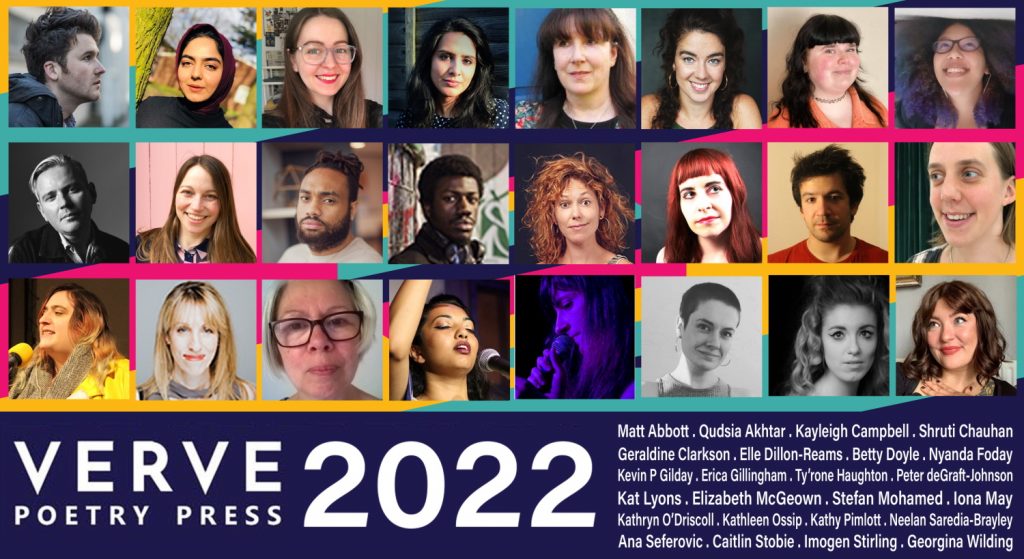
QUICK FIRE QUESTIONS
When will successful manuscripts be published?
Of the manuscripts we choose from this submissions window, some will be published in 2023 and more in 2024. We’re reducing the frequency of our submissions windows now, so the next opportunity to submit will be in Spring 2024!
Can people submit if they’ve already submitted to Verve in the past?
Yes! Not only that, but they can submit more than one manuscript at a time, if they have that much poetry knocking around.
What about if they’re also submitting elsewhere?
Fine by me – they’ll just have to keep me informed of any updates in that regard.
What if the work is previously published?
If poems have been published in magazines or anthologies before that’s not a problem, as long as the collection as a whole hasn’t ever been published as a complete work.
How do you feel about non-English language poetry?
We’re really interested in manuscripts that involve more than one language – I’d say it’d have to be at least 50% English: bi- and multi-lingual poetry is absolutely a yes.
Do you have to be from the Midlands to submit?
Not at all. Like our sister festival, our roots will always be in Birmingham but we are proud and excited to have our doors open to poets far and wide – we’ve published poets from all over the world!
Is there a submission fee?
No. We want to remove as many barriers as possible from the submitting process, so we haven’t charged people for submitting their work.
Do people have to buy a book from you to submit?
No, there’s no requirement and no enforcer going door to door checking your bookshelves. Although it does make sense that you should know who we are and the work we publish – and in my humble, unbiased opinion, we do have great books that you would probably enjoy if you did buy them.
Any last words for people thinking about submitting?
Just that we’d love to see your stuff. It was amazing to read through our last window’s material and I’m really looking forward to seeing what we get. If you’re serious about poetry, this is absolutely for you – show us what you’ve got!
So there you have it! (Almost) everything you need to know about submitting to Verve Poetry Press in one place. If you or anyone you know is interested, be sure to follow us on socials for all the updates and get those manuscripts ready!

